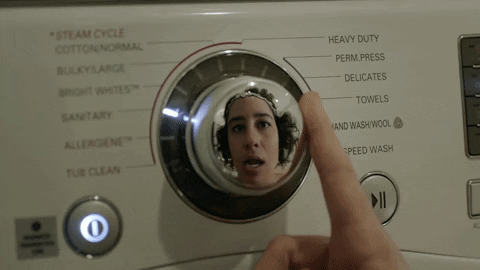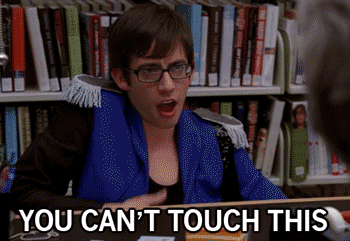
Cold, hard, physical cash, I hardly knew ye.
Cashless transactions were recommended to help combat the spread of the coronavirus by the World Health Organisation (WHO) in early March 2020, and look, it’s shone some light on the future of physical cash.

Even prior to the outbreak, physical cash was only used for over a quarter of payments in Australia, according to the Reserve Bank of Australia’s 2019 Consumer Payments Behaviour Survey. This figure is accelerated by older Australians, using notes and coins for more than half of all their transactions. Sure, we could blame coronavirus, but the future wasn’t looking bright for physical money regardless, to be frank.
Add to that the increased hygiene standards of a society experiencing a global pandemic, which are likely to be heightened forevermore. Did you know that in China and South Korea, thousands of banknotes were literally destroyed to try and eliminate the virus? Some people in Canada even washed their plastic banknotes in – wait for it – the washing machine.

Everyone’s always known money is dirty and germy as hell (that’s why we don’t let kids chuck coins in their mouths, among other reasons), but now that it’s been put front of mind, and we’ve shown we can function as a society without it altogether, could this be the catalyst for saying buh-bye to tangible cash for good?
Australia’s ATM withdrawals more than halved in April, whereas online shopping almost doubled, according to buy-now-pay-later app Zip’s recent report. Zip co-founder Peter Gray told Business Insider Australia:
“The big question is what does this mean for the medium and long-term? From what we are seeing we would predict this is a sign of things to come, people returning to shopping local and moving away from the cash society we have been so accustomed to.”
That being said, Dr John Selby, lecturer with the Macquarie Business School and member of the Optus-Macquarie Cyber Security Hub, tells PEDESTRIAN.TV that people seem to be forgetting that digital payments aren’t always touch-free and immune to coronavirus transmission.
“They often require customers to touch their fingers to interfaces, such as when they must select payment type on the touchscreen at the supermarket or to enter their pin-code in when making a larger purchase by credit card.

“Whilst staff might be a little more protected by not having to handle cash, these limitations in the digital payment systems expose customers to the same type of risk of surface contact with the coronavirus as if they were paying with cash.”
So many quick payments don’t need touch, though, with tap and go and phone wallets both feasible and hygienic options. Besides, it’s just so much damn easier. How many of you lose Queen Elizabeth‘s face in the cracks of your couch unnecessarily? Money can be a lot easier to throw away – or lose – when it’s flying around all the time. But it’s important to remember that it’s not the easier option for everyone.
As mentioned earlier, the older generation are simply more familiar with the traditional, physical cash method. Some others don’t like the violation of privacy that comes with trackable transactions (from a partner or otherwise). Then there’s those who prefer cash as a practice of self control in their financial life. But perhaps the biggest obstacle of moving ahead as a cashless society, Selby tells me, is the current accessibility factor.
“The digital divide is real in Australia, with approximately one-in-seven Australians not owning a smartphone, which would likely be needed to live in a cashless society,” he explains. “A cashless society which is fair for all Australians will not be possible until the digital divide has been eliminated.”
While cashless transactions are on the rise (and coronavirus is absolutely playing its part in that), until we bridge some very real gaps in the system, the push can’t come to shove.



